


Tips for Living with Psoriasis and Treatment Types
Psoriasis is a chronic autoimmune condition that affects the skin, leading to the development of red, itchy, and scaly patches. According to the National Psoriasis Foundation, this condition affects 125 million people worldwide — which equates to 2-3% of the total human population. Though psoriasis is extremely commonplace, patients who have it may still feel embarrassed or isolated because of its visible symptoms.
Fortunately, there are several treatment options available that can effectively manage the symptoms of psoriasis and provide relief to those living with this condition. If you have, you think you may have, psoriasis be sure to consult with your doctor on a tailored treatment plan. In this article, we’ll explore tips for living with psoriasis and the different types of treatments that exist.
Tip for Living with Psoriasis
Psoriasis is a condition caused by skin cells building up to create itchy, dry patches. Skin with psoriasis may have visible signs of inflammation such as raised plaques (plaques may look different for different skin types), scales on the skin, and a thick, reddish appearance.
Psoriasis rashes are typically on the skin, but they can also affect other parts of your body like the nails and joints. In order to make living with psoriasis more comfortable, you need to take care of your skin and treat it kindly.
Here are some skincare tips that can help with psoriasis:
- Taking short, warm (not hot) daily baths with soap for sensitive skin
- Keeping skin hydrated with moisturizing lotion, especially in winter
- Consider exposure to natural sunlight, as recommended by your doctor
- Control your stress levels through meditation, exercise, and quality sleep
- Avoid irritants like alcohol
Treatments for Psoriasis
Topical Treatments
Topical treatments are often the first line of defense against psoriasis and can be applied directly to the affected skin. They come in various forms, including creams, ointments, lotions, gels, and sprays.
Common topical treatments include:
- Topical corticosteroids: These anti-inflammatory medications help reduce redness, itching, and scaling
- Vitamin D analogs: These synthetic forms of vitamin D slow down skin cell growth and reduce inflammation
- Topical retinoids: Derived from vitamin A, retinoids can help reduce inflammation and normalize skin cell production
- Calcineurin inhibitors: These medications help suppress the immune response and reduce inflammation
Phototherapy
Phototherapy involves exposing the skin to ultraviolet (UV) light under medical supervision. The two main types of phototherapy used for psoriasis are:
- UVB therapy: Short for ultraviolet B therapy, this treatment involves exposing the skin to UVB light, which slows down the rapid growth of skin cells and reduces inflammation
- PUVA therapy: Psoralen plus ultraviolet A therapy, or PUVA, involves taking a medication called psoralen and then exposing the skin to UVA light. This combination helps control skin cell growth and inflammation.
Systemic Medications
Systemic medications are prescribed for moderate to severe cases of psoriasis or when other treatments have been ineffective. These medications work throughout the body rather than just targeting the skin. Some common systemic medications for psoriasis include:
- Methotrexate: This medication suppresses the immune system and slows down the growth of skin cells
- Cyclosporine: It also suppresses the immune system and is effective for severe psoriasis but may have potential side effects
- Biologic drugs: These are a newer class of medications that target specific immune responses involved in psoriasis. Biologics can provide significant improvement and are administered via injections or infusions
Oral Retinoids
Oral retinoids, derived from vitamin A, are occasionally prescribed for severe cases of psoriasis that have not responded to other treatments. They work by reducing skin cell production and inflammation. However, they can have significant side effects, so close monitoring is necessary.
Lifestyle Modifications
In addition to medical treatments, certain lifestyle modifications can help manage psoriasis symptoms. These include:
- Maintaining a healthy weight: Obesity can exacerbate psoriasis symptoms, so achieving and maintaining a healthy weight can have a positive impact
- Avoiding triggers: Identifying and avoiding triggers such as stress, certain medications, alcohol, and smoking can help prevent flare-ups
- Moisturizing: Regularly moisturizing the skin can help reduce dryness, itching, and scaling
Psoriasis is a chronic condition that requires ongoing management, and the treatment approach may vary depending on the severity and individual response. Consulting a dermatologist is crucial to develop a personalized treatment plan.



.jpg)
.jpg)
.jpg)




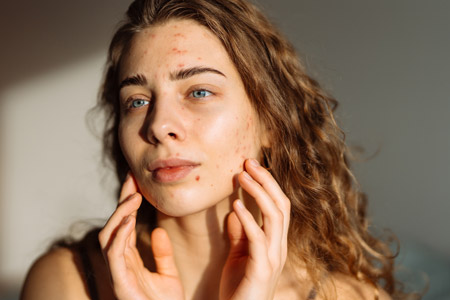













.jpg)





















.jpg)








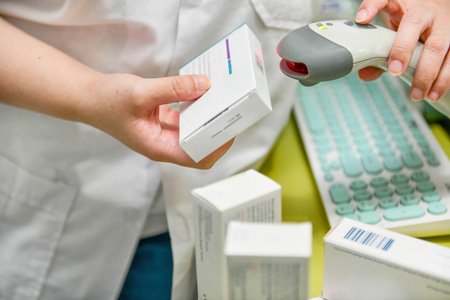

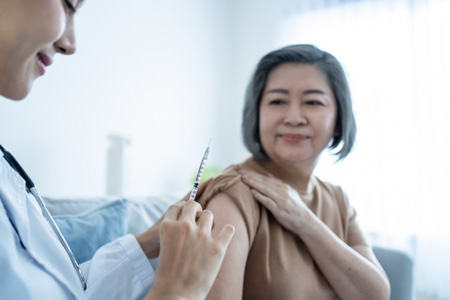
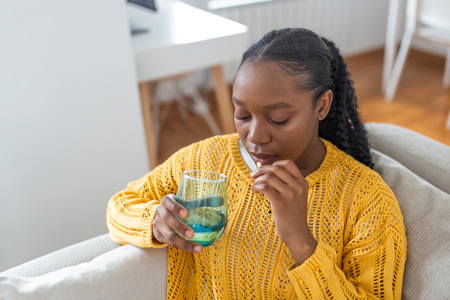


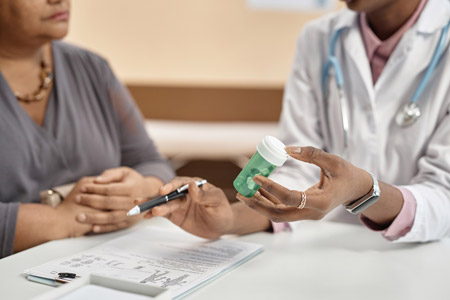


.jpg)
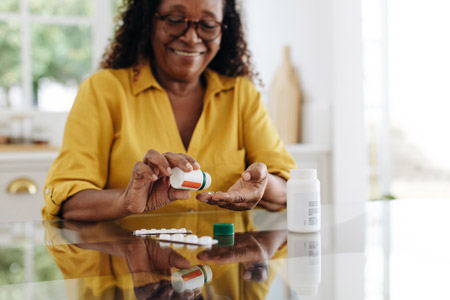


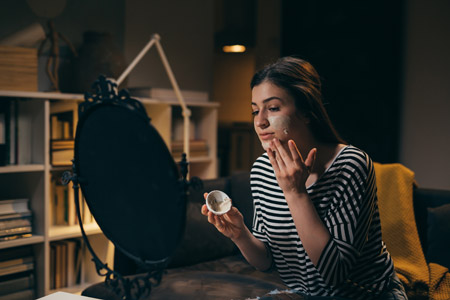

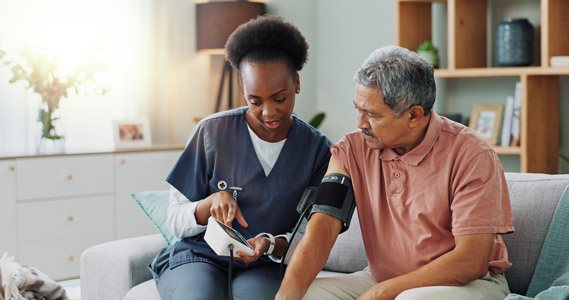










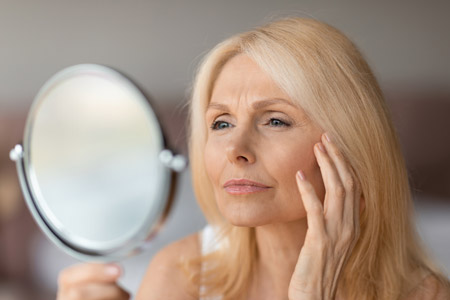

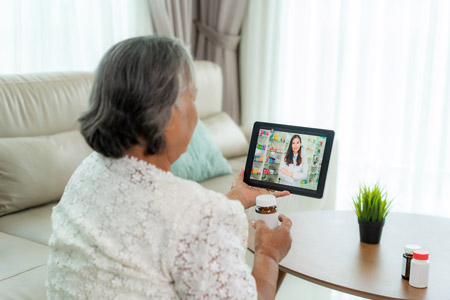







.jpg)
.jpg)
.jpg)








